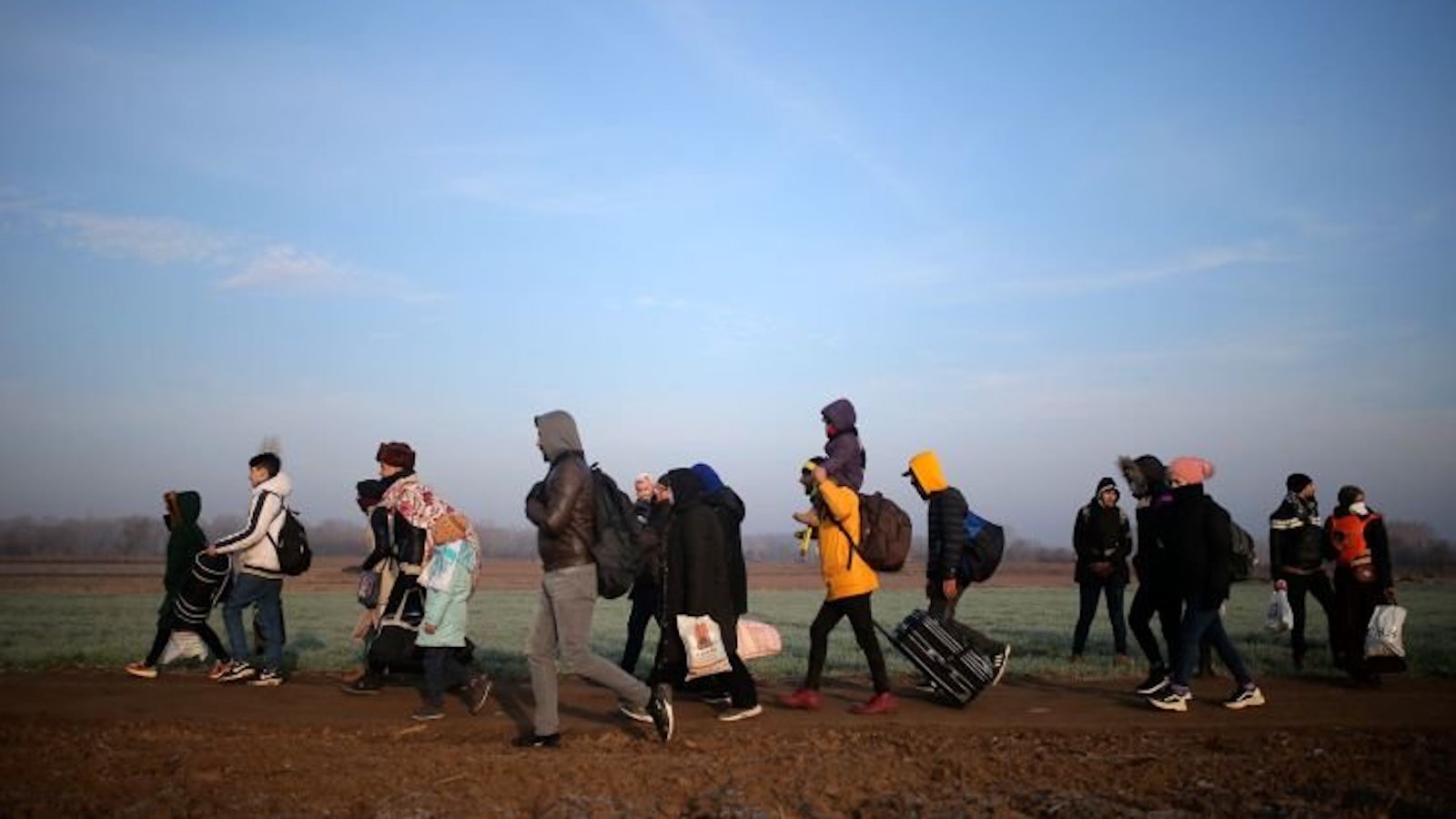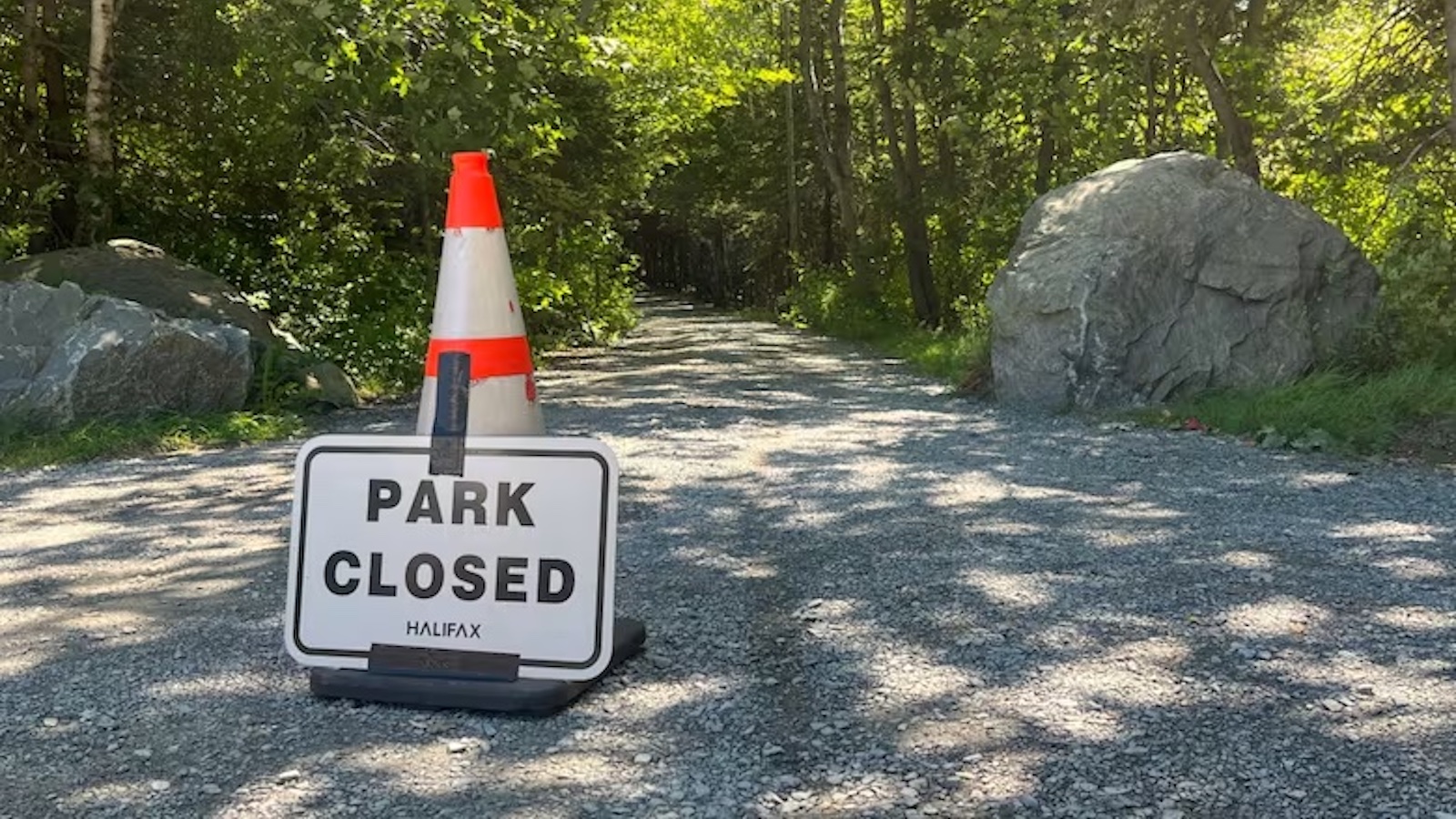
Now Is the Time to Build an Underground Railroad
Most of us are aware of the famous stories of people who have, in the past, put their lives and reputations on the line to help rescue people from the horrors of slavery or genocide. Their accounts have been written down, read, made into movies and plays, and, finally, uploaded to the internet to endure as long as technology itself remains. Harriet Tubman, John Brown, Thaddeus Stevens, William Still, Oskar Schindler, Hugh O’Flagherty, Corrie ten Boom, Raoul Wallenberg, Frank Foley, and many more people are known now for their clandestine work of saving lives.
They make for terrific stories; they are inspiring and heartwarming and tragic. The danger is terrible and the pathos is strong. They are so dramatic that it is easy to get caught up in each story for its own sake, and forget that each story is an invitation to go and do likewise.
These were people who had no obligation to take any action whatsoever, yet they put themselves into harm’s way to help their fellow man. Thousands, even millions of others saw the same situation, but did nothing to help. Many even acted to make things worse. In the presence of tangible evil and fatal indifference, a few people chose to care enough to act. They acted to protect the people they could reach from the abusers in government. They did so of their own initiative, exercising their own power to judge right and wrong. At a time when some people sought to impose absolute power and authority over the life, liberty, and property of the public through the mechanism of State authority, these heroes stretched out their hands in defiance of that State, snatching people up out of the figurative fire that threatened to consume them.
In Libertarian circles, don’t we talk a lot about the difference between State and Society? Is there a greater example of that difference than in the lives of those people who willingly risked their own safety to defy the coercive power of the State, on behalf of men and women they only just met?
If you have ever been on the receiving end, as I have, of friendly help offered in a time of need, without compulsion, without transaction—or with only a token exchange made to preserve the recipient’s dignity—then you know what a sense of gratitude and friendship such help can create. People coming together to help others in need is the first impulse of a free society, which is the antithesis of the State. The State says “it’s forbidden,” and friends say “it’s no problem.”
The effect of social generosity is profound. It is lasting; it rebounds through history. It is constructive; it defies entropy. It is the civilizing power, which drives out brutality and madness. Without it, life is hell. With even a little of it, there is hope for a better life, no matter how bad things are now.
Thinking the Unthinkable
In a previous article, I made the point that government abusers and domestic abusers follow similar patterns. The absolute best time to get out of an abusive relationship is at the first sign of abusive tendencies. Many otherwise intelligent people find themselves getting pulled down into an abusive situation because they are unwilling to think about how bad things can get until they get that bad.
Two years ago, how many of us would have supposed that Australia would become a nation-sized detention center? How many would have foreseen that children born in 2020 in the Philippines would spend the first two years of their life under house arrest? Who would have believed that none but the double or triple jabbed could see a Broadway play? Who would have suspected that Chinese communists would be welding their citizens into buildings—well, maybe a few of us—but who would have expected that the rest of the world would largely be following their lead? Who could have predicted the overwhelming pro-vaccine, pro-lockdown propaganda? The mandates? The firing of unvaccinated health care workers, soldiers, firemen, and so forth? The push to get everyone vaccinated, no exceptions, in the face of all sorts of disturbing side effects and warning signs? The demonization of the unvaccinated?
Who would have ever imagined that thousands of Canadians—seriously, Canadians!?!?—would have their bank accounts frozen and millions of dollars of assets seized because they took part in a civil, nonviolent protest against bio-medical tyranny?
How bad must things get before we admit that the abusers are abusers? That they will continue to seek power, and abuse it, because that is what they do? Haven’t we already seen enough? Do we need to wait until the forced quarantine camps are in our own backyard? Do we need to wait and see what other “emergencies” will emerge for which total government control is the only answer?
We cannot assume that worse things will not happen, only because you would never think to do them. The abusers show us by the pattern that they follow where their abuse will lead.
Now is the time to build an underground railroad. Now, before the walls go up, before the shooting starts1, before the mandates become laws and the quarantine camps get filled with dissidents, now is the time to think about getting to a place of relative freedom, and then reaching back to bring someone else out of captivity. By voluntary means, we can organize and operate an effective, ongoing rescue effort for people seeking to escape tyranny. Not only can we do it, we should do it. Now.
Remember, what we so recently would have believed was inconceivable has already come to pass. The highest highs and lowest lows of human action have always been inconceivable until they were conceived, carried out, and recorded for posterity. It does not follow that every seemingly far-fetched possibility must therefore come to pass, but we would be foolish to ignore well-known and apparent patterns of behavior simply because we don’t want to admit how bad things have gotten. We don’t want to close our eyes to the warning signs and wait until the abuse is so bad that it is undeniable, before we decide to do something about it.
Unthinkable evil has been “thunk” before. The skipping record of our past replays a lockstep march, and the world is full of soldiers again and again: the obedient, the unthinking, the fearful. We who have a different drummer must be ready to conscientiously obstruct the march into tyranny, to save as many as we can—ourselves included—from the beat of the boot.
“Yes, it’s bad there, but is it any better here?”
In the face of ubiquitous evil, it is tempting to despair, and think we have nothing better to offer to people who are caught up in the grinding gears of the State somewhere else. After all, don’t we face the same grinding and kicking here? Without any discussion of the “who” and “why” of power conspiracies, just from the similarity of responses among governments around the world to the recent crisis (doesn’t really matter which one, does it?) it seems clear that we are facing a globally coordinated assault on individual liberty. How can we hope to help others who are in trouble if things are just as bad wherever we are?
Well, friends, do we or do we not believe in the value of marginal advantages? In economic terms, even a very slight advantage you might have over me in creating a certain good or service makes exchange preferable for both of us. If that is true for market exchanges, certainly it is true for even more fundamental considerations. If we can identify any place that is even marginally more free, we have something to offer to someone in a worse place.
However, this question really misses the point. If we really care about freedom for others, enough to take some specific action on their behalf, then wherever we happen to live is ABSOLUTELY better than any place where we don’t live. It’s better because we are there!
Canada used to be a destination point for the Underground Railroad. Now Canadians would be better served crossing their southern border and settling in the Southeastern US. (Or Texas, the midwestern US, or a few other places.) This just goes to show—it isn’t the environment that makes a place conducive to freedom; it isn’t the latitude and longitude. It is the determination of the inhabitants that makes a place free.
As conscientious actors on the world stage, we have the power to make life better for many people who would otherwise be hopelessly caught in prisons of powerlessness built by abusers of all stripes. Like the heroes of yesterday who signed passports, hid refugees, arranged transportation, and smuggled people out of peril, we can make a difference to someone who is currently in danger of captivity or worse.
We can intervene, and break the power of the abusers, and set another man or woman or family free. When we do, we gain power and freedom in our own life, strength to face our own would-be abusers, friends who will stand by our side. Then we will learn the real lesson of those brave souls who risked their own lives to save the lives of strangers. By saving others, we just might save ourselves.
1 I wrote this article before the recent violence in Ukraine, and then delayed posting it, because I wondered if the outbreak of an international war would somehow invalidate the point I’m making here. If anything, though, I believe that recent events only reinforce the arguments of this article. Every new violation of life, liberty, and property by an “official” State power on the world stage adds a greater weight of urgency to the work of getting people away from the reach of tyrants. We must not allow the bad behavior of one tyrant to excuse or cover up the bad behavior of all the others.
Putin’s belligerence toward the people of Ukraine cannot excuse the domestic abuse of people all over the world by their leaders in the name of “safety.” Though COVID restrictions are lifting in many areas, the people who enacted those ruinous policies remain in power. If anything, the outbreak of war will only give them greater justification to enact whatever restrictive and coercive policy they desire—and those who defy them will not just be “irresponsible” or “domestic terrorists” but “enemy sympathizers,” and “possible saboteurs.” I firmly believe that in addition to whatever political and social actions we take to advance the cause of freedom, the work of helping people move from relative tyranny to relative liberty is and will continue to be of critical importance for keeping ourselves free.
Free the People publishes opinion-based articles from contributing writers. The opinions and ideas expressed do not always reflect the opinions and ideas that Free the People endorses. We believe in free speech, and in providing a platform for open dialogue. Feel free to leave a comment.



